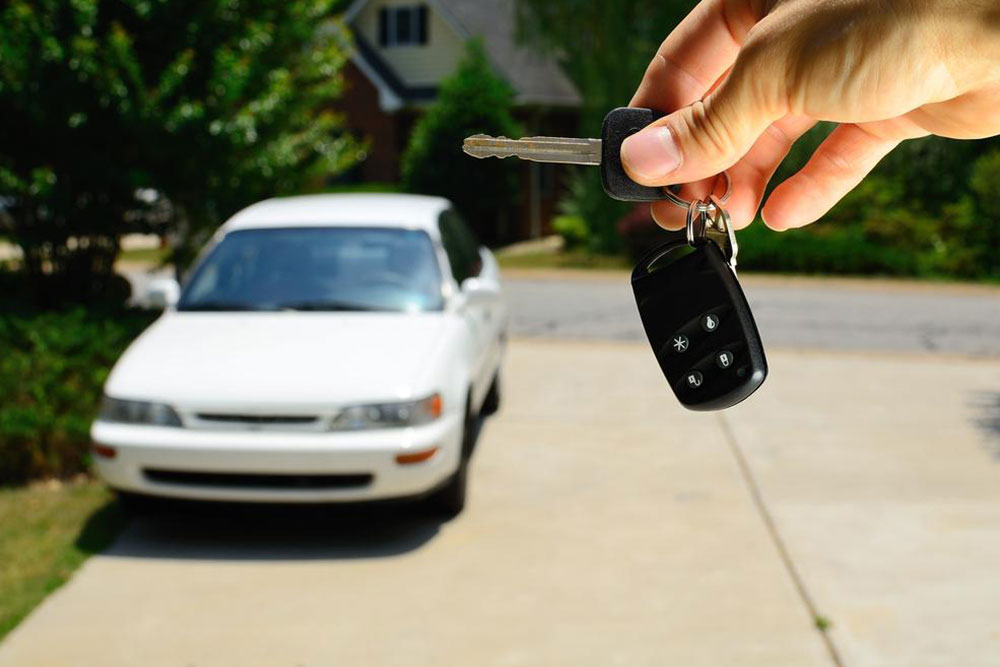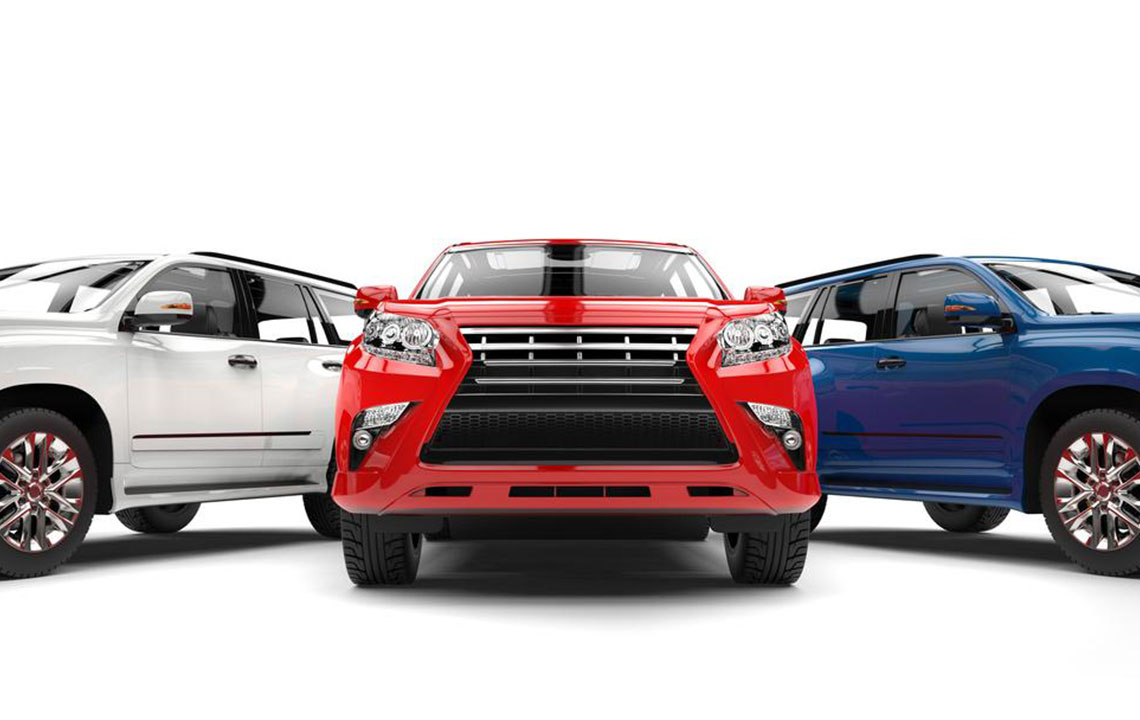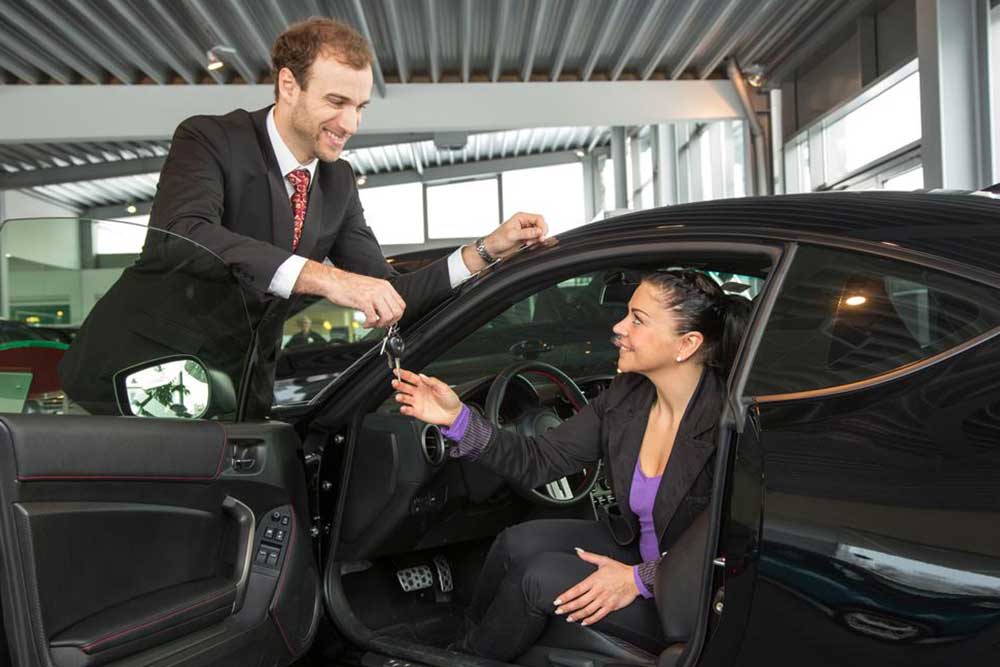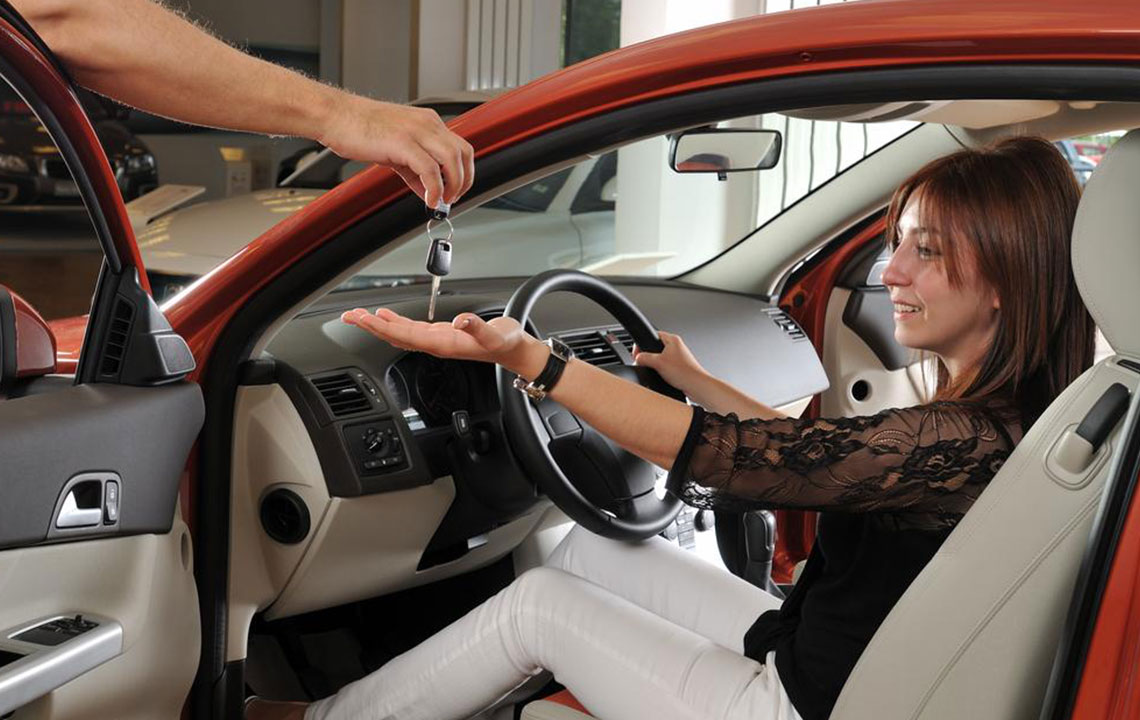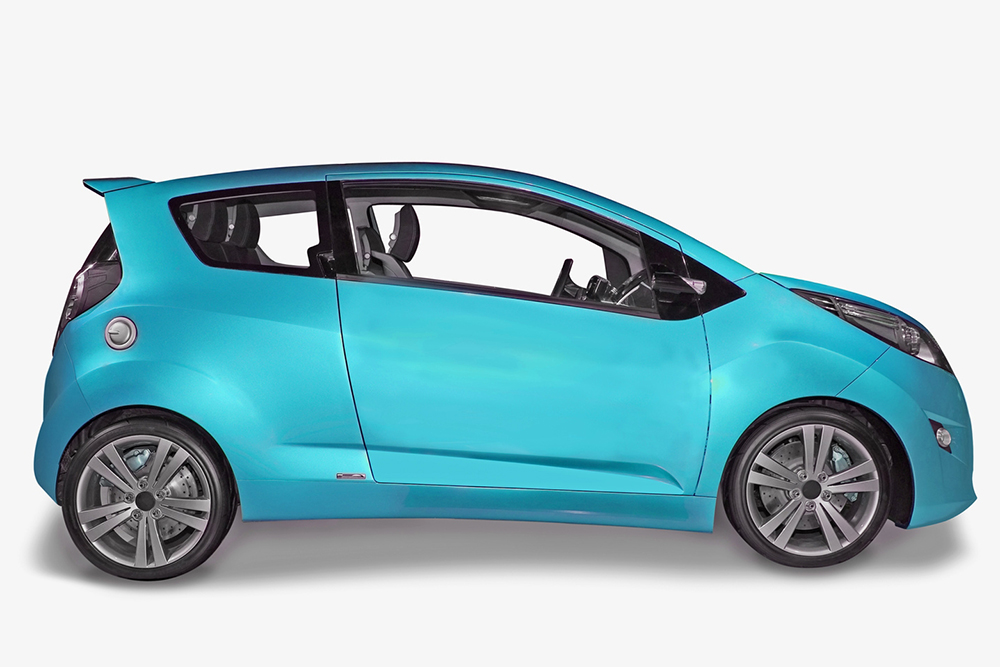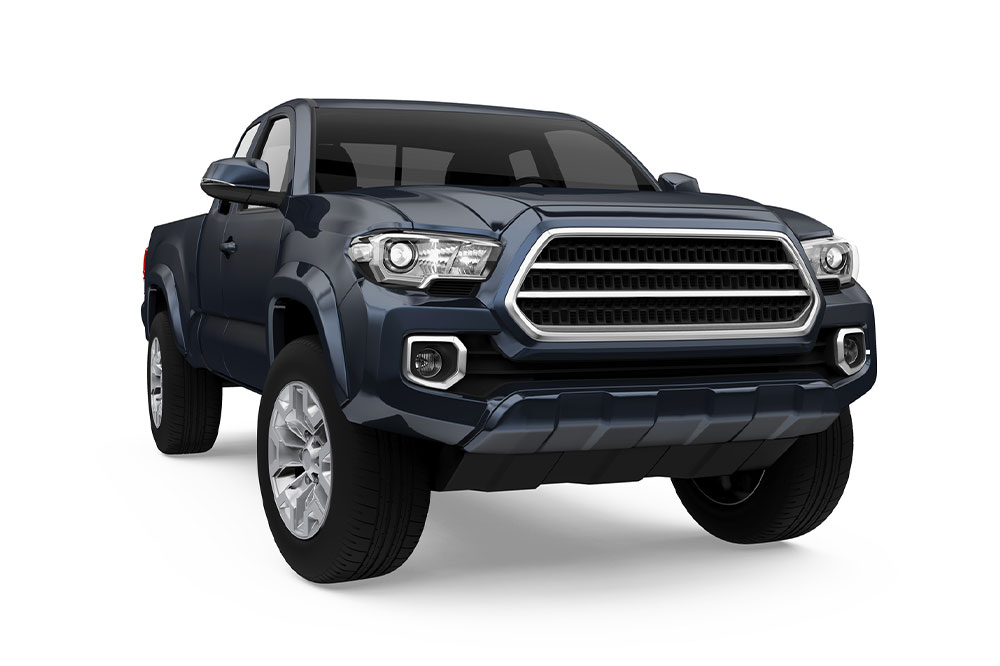Guide to Purchasing Repossessed Vehicles from Banks
Learn how to purchase bank-owned vehicles effectively, from understanding auction procedures to inspecting and safely buying used repossessed cars. This guide covers essential tips for first-time buyers and investors, emphasizing research, inspection, and legality to ensure a secure transaction.

Guide to Purchasing Repossessed Vehicles from Banks
Repossessed cars, also known as bank-owned vehicles, are cars reclaimed by lenders when owners fail to meet loan obligations. These vehicles are often sold through auctions organized by banks or financial institutions, offering an economical option for first-time buyers or investors. Buyers should independently inspect the vehicles and assess their condition carefully. Local auction listings can be found on websites like Repofinder or Yellow Pages. Additionally, contacting banks directly can provide information on upcoming public auctions where these cars are available.
Follow these essential tips when buying bank-owned vehicles:
Research thoroughly Before purchasing, review the vehicle's condition since repossessed cars are typically not brand new. Understanding what to look for helps avoid surprises.
Inspect the vehicle Many repossessed cars are sold "as-is," meaning buyers accept them in their current condition, including any flaws. It's advisable to inspect the vehicle thoroughly and, if possible, bring a mechanic along to identify potential issues like accident damage or flood history. Previous owners might have neglected the vehicle prior to repossession.
Make a manageable down payment Since these are used vehicles, banks aim to sell them quickly to prevent further depreciation. Typically, buyers are expected to pay a 20%-30% deposit, which is lower than the cost of new cars but reflects the vehicle's age.
Test drive the car When permitted, test driving helps ensure the vehicle performs as expected. However, in some cases, test drives might not be allowed. In such instances, carefully review photographs and vehicle details provided by the bank to evaluate its condition.
Ensure safety and legality Repossessed cars sold by recognized financial institutions are legally vetted, ensuring documentation and certifications are valid. Buyers can buy with confidence, knowing the vehicle has no illegal background.

